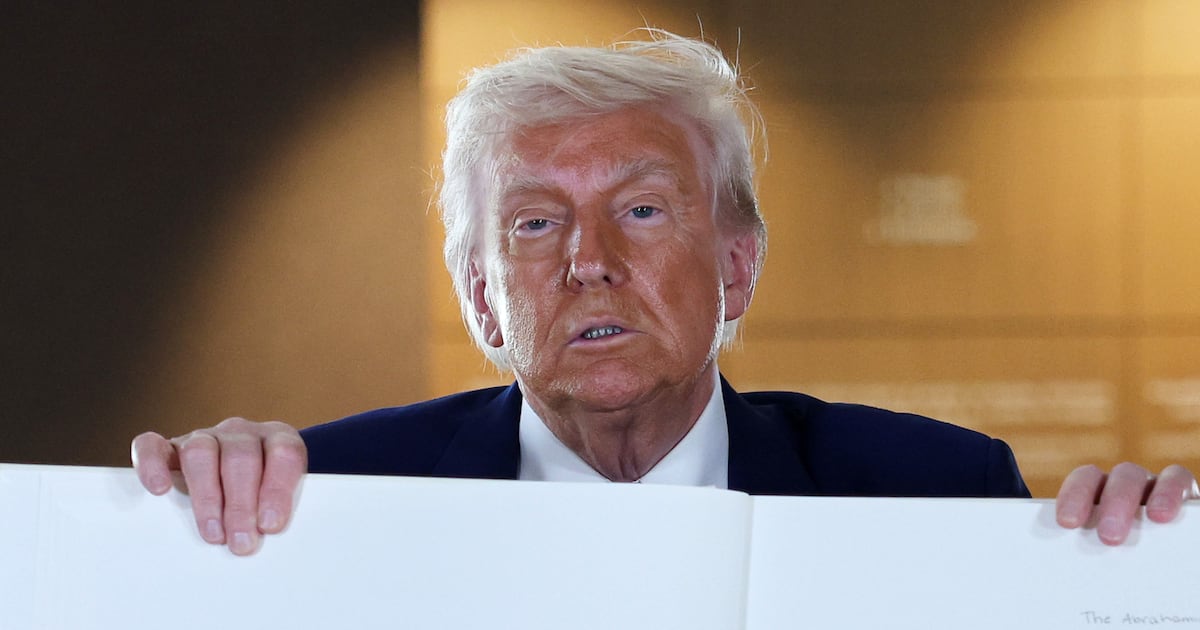As protests sweep the Middle East, the Iranian government has launched a brutal wave of executions in what many see as an intimidation tactic aimed at discouraging fresh uprisings.
During the month of January, Iran executed at least 73 people, an average of two to three hangings each day. The numbers are alarming, even in a country second only to China for the most executions in the world.

The killings have sent a bone chilling message to members of Iran’s pro-democracy Green Movement about the deadly risks of following the lead of frustrated citizens in Egypt, Tunisia and Yemen. Many of those executed in Iran in recent weeks were political prisoners originally rounded up during the protests that swept Tehran in 2009, after the alleged fraudulent election of President Mahmoud Ahmadinejad.
“The executions, for those who live in close quarters with death-row inmates, have dealt a severe emotional blow,” said a family member of a political prisoner in Farsi.
The hanging of a Dutch-Iranian prisoner, Zahra Bahrami, last week was particularly shattering for the inmates, according to the family member. Bahrami’s hanging sparked outcry from the international community, though drowned by the massive uprisings in the region. She was initially arrested for participating in the protests in 2009, but was later charged with possessing 400 grams of cocaine and opium—a crime punishable by death.
Her fellow inmates knew she was originally a political prisoner. They also knew that she had been severely tortured. So the news of her execution was particularly shocking.
Since the uprising in Iran two years ago, the green movement has been largely silenced with extreme violence and intimidation that reportedly includes secret prisons and hangings without due process. Those demonstrations led to more than 5,000 prisoners, dozens of murdered protesters, and several prisoners who died from torture.
And as the anniversary of the Iranian Revolution in 1979 approaches next week, the government fears the day will be used by organizers for more protests. The regime uses the day to tout the triumph of Islam over a despotic regime. But the people can tout it as a remembrance of overthrowing a despised and brutal authority.
A large number of executions are reportedly taking place in secret in Vakilabad prison in Mashad, one of the holiest cities in Shi'ite Islam.
In the month of January alone, close to 100 executions took place inside the Iranian prisons, according to various sources. According to Iranian media accounts, the number is between 66 and 73—but activists and journalists believe it to be even more.
"We know that other executions take place…no newspaper would dare to challenge the government statistics and information," said a Tehran-based journalist on the condition of anonymity. "Talking about the executions is very much like debating the nuclear issue or criticizing Ahmadinejad—they are all considered security issues and this could have serious repercussions for journalists or papers."
The Iranian government claims that most of those executed had charges related to drug trafficking or trade, but there are political prisoners among them. During the past few weeks, at least three political prisoners were hanged, two of whom had been arrested during the post-election protests.
A large number of executions are reportedly taking place in secret in Vakilabad prison in Mashad, one of the holiest cities in Shi'ite Islam, according to the International Campaign for Human Rights in Iran.
Five hundred miles east of Tehran, there are allegedly dozens, if not hundreds of prisoners, hanged outside the prison—without due process, and completely hidden from the eyes of the international community.
And as news of the rash of executions continues to spread among the population, people are showing signs of utter disgust, according to an activist in Iran who helps international human rights organizations gather data.
"Iran's economic crisis coupled with its crisis of legitimacy is all reaching a pivotal point," said a human rights activist on the condition of anonymity for fear of political repercussions.
He believes that there will be a "bread uprising" akin to those in Tunisia in Egypt as the economic conditions inside the country worsen. And the people first hit by a crumbling economy are the poor, which stirs anxiety inside the regime about revolt, he said.
So the execution of political activists intimidates protestors, while execution of ordinary citizens for drug trafficking, intimidates the poor.
These executions as an intimidation tool can, of course, backfire.
If the poorer, rural people and the educated middle class find common ground, violence will eventually be met with violence, he said.
To confound the problem, there has not been a UN human rights monitor in Iran since 2002.
Just last week, two UN independent experts warned that there has been a dramatic surge in death sentences in Iran carried out, in the absence of internationally recognized safeguards, despite numerous calls by the UN to immediately halt executions.
"We call on the Iranian Government to immediately declare a moratorium on the death penalty in view of the gravity of the situation…" said the UN Special Rapporteur Christof Heyns last week. "Any death sentence undertaken in contravention of a Government's international obligations is tantamount to an arbitrary execution," he said.
Omid Memarian is columnist whose writing has appeared in The New York Times, The Los Angeles Times, The San Francisco Chronicle and other publications. He was a World Peace Fellow at the UC Berkeley Graduate School of Journalism in 2007-2009 and the 2005 recipient of the 'Human Rights Defender Award', the highest honor bestowed by Human Rights Watch.
Roja Heydarpour is an editor at The Daily Beast. She has reported for the The New York Times and The Times-Tribune.





